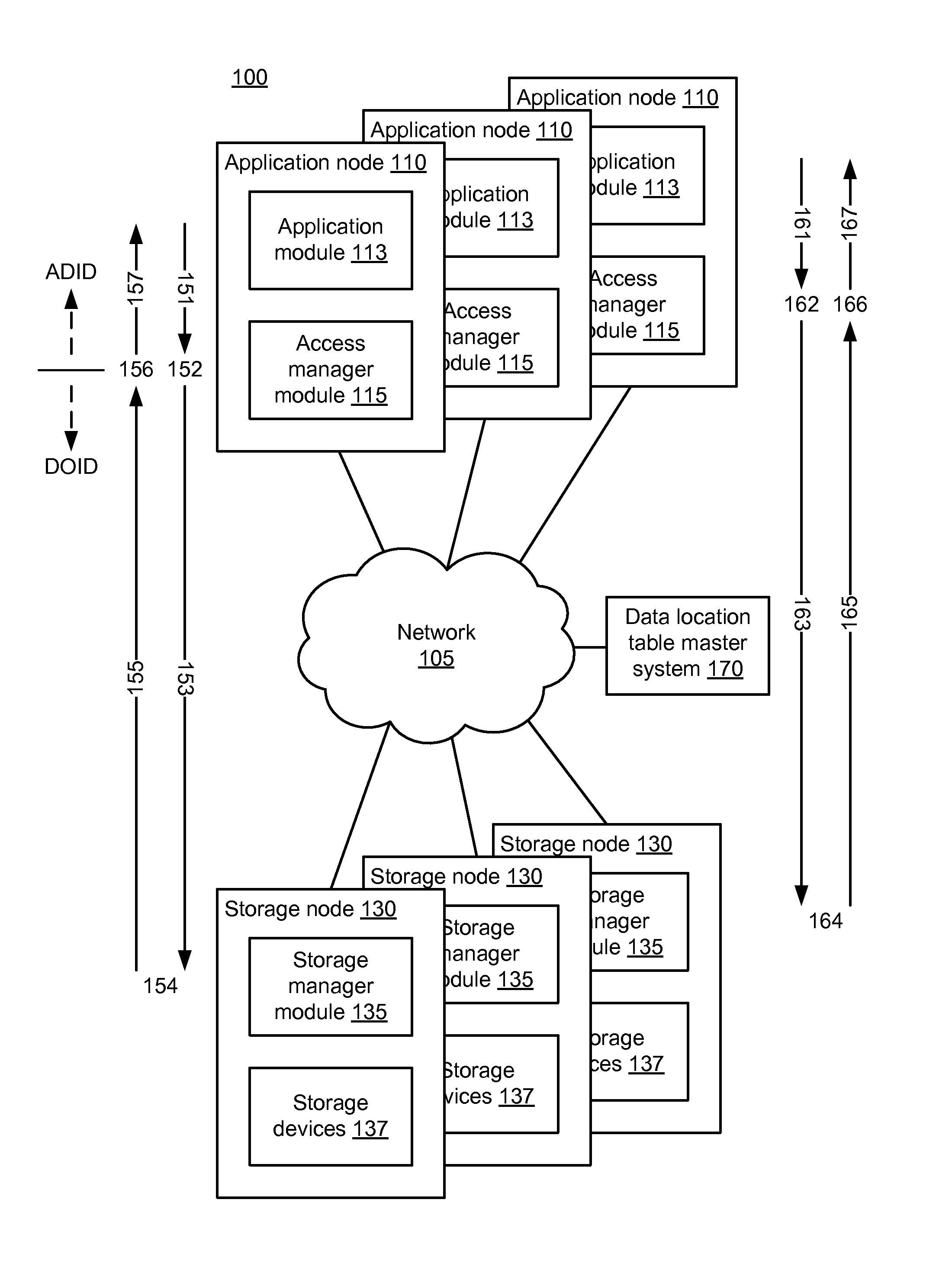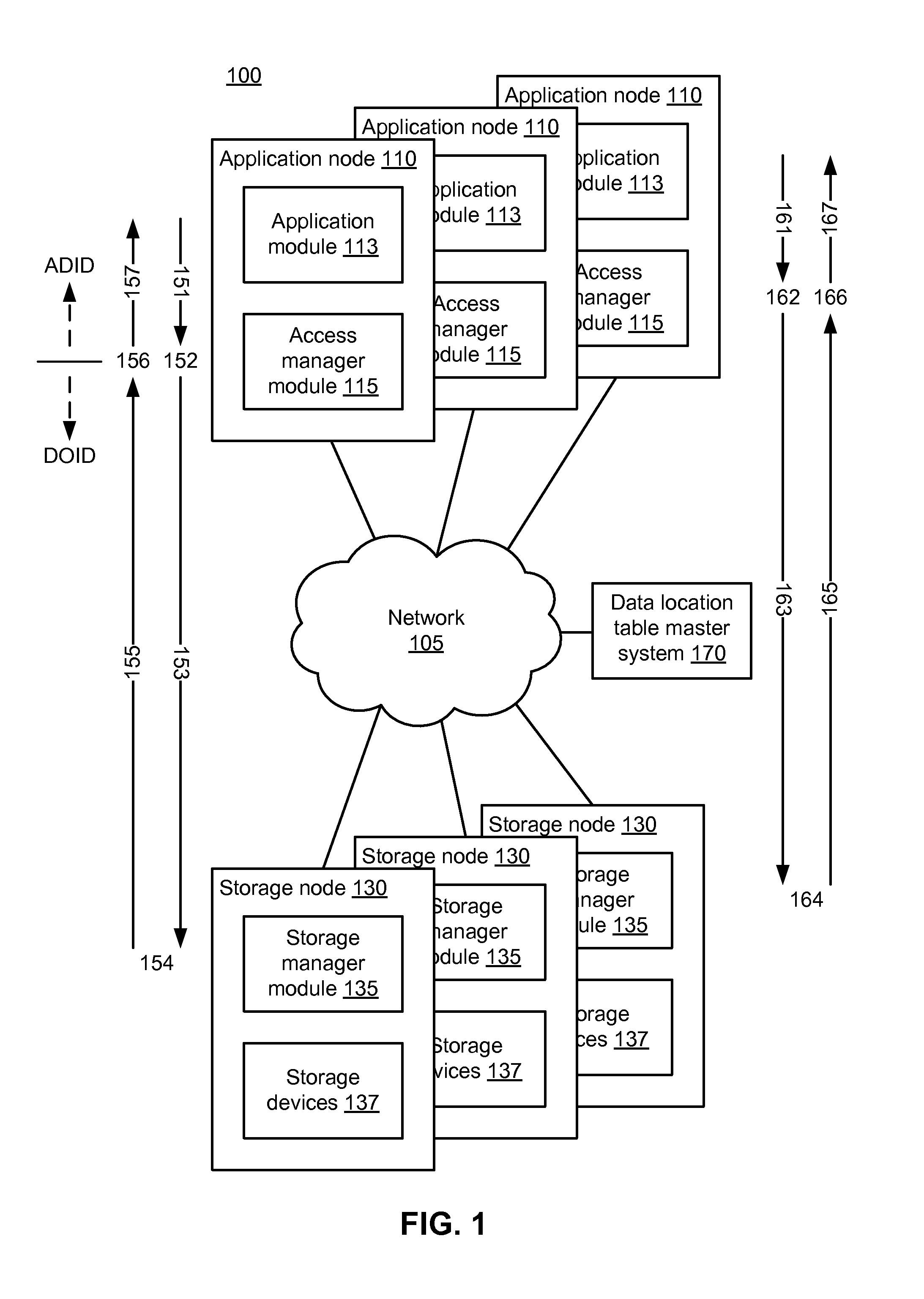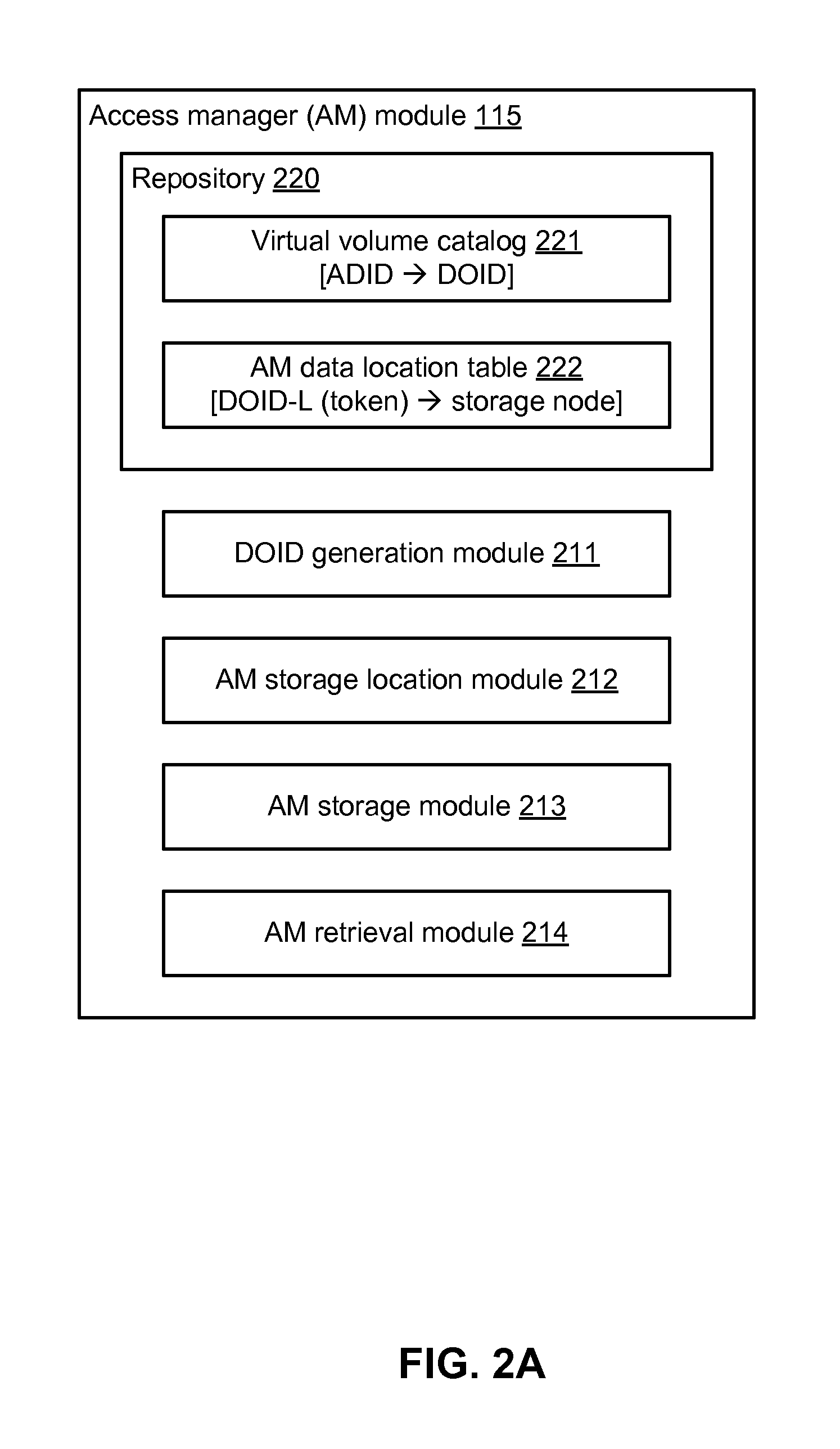Data Storage Space Recovery
a data storage and recovery technology, applied in the field of data storage, can solve the problems of a large number of costs associated with maintaining this data, the cost of purchasing and powering storage devices is just a fraction of the total cost of ownership, and the cost of purchasing, installing and maintaining such systems dominates the overall cost of storing any given unit of data
- Summary
- Abstract
- Description
- Claims
- Application Information
AI Technical Summary
Benefits of technology
Problems solved by technology
Method used
Image
Examples
Embodiment Construction
[0017]The Figures (FIGS.) and the following description describe certain embodiments by way of illustration only. One skilled in the art will readily recognize from the following description that alternative embodiments of the structures and methods illustrated herein may be employed without departing from the principles described herein. Reference will now be made to several embodiments, examples of which are illustrated in the accompanying figures. It is noted that wherever practicable similar or like reference numbers may be used in the figures and may indicate similar or like functionality.
[0018]FIG. 1 is a high-level block diagram illustrating an environment 100 for storing data, according to one embodiment. An example of such an environment is described in further detail in U.S. patent application Ser. No. 13 / 957,849, “High-Performance Distributed Data Storage System with Implicit Content Routing and Data Deduplication” (case 24156), which is incorporated herein by reference i...
PUM
 Login to View More
Login to View More Abstract
Description
Claims
Application Information
 Login to View More
Login to View More - R&D
- Intellectual Property
- Life Sciences
- Materials
- Tech Scout
- Unparalleled Data Quality
- Higher Quality Content
- 60% Fewer Hallucinations
Browse by: Latest US Patents, China's latest patents, Technical Efficacy Thesaurus, Application Domain, Technology Topic, Popular Technical Reports.
© 2025 PatSnap. All rights reserved.Legal|Privacy policy|Modern Slavery Act Transparency Statement|Sitemap|About US| Contact US: help@patsnap.com



